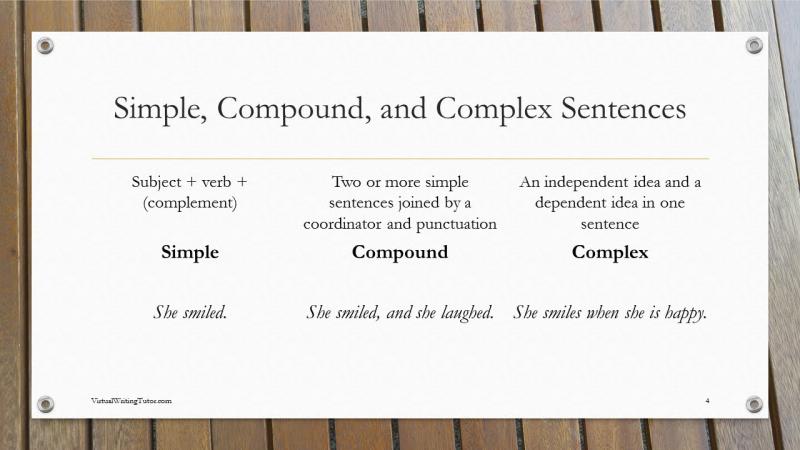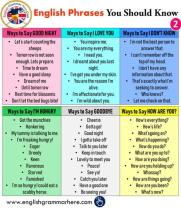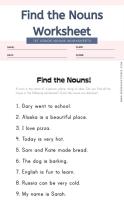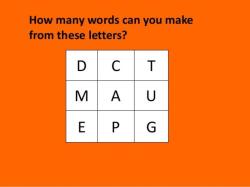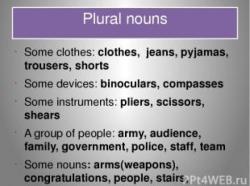How do you punctuate a compound complex sentence?
Punctuating compound-complex sentences involves applying proper punctuation to separate the different clauses within the sentence.
A compound-complex sentence contains at least two independent clauses and one or more dependent clauses. Here's how to punctuate it:
- Independent Clauses (Compound Part): Independent clauses are complete sentences that can stand alone. When combining two or more independent clauses (the compound part), use a coordinating conjunction (such as "and," "but," "or," "for," "nor," "so," or "yet") to connect them.
Example: "She went to the store, and he stayed home to cook."
- Dependent Clauses (Complex Part): Dependent clauses cannot stand alone as complete sentences. They usually begin with subordinating conjunctions (like "because," "since," "although," "when," "if," "after," etc.). These clauses add additional information to the sentence.
Example: "Although she was tired, she decided to go for a run because she wanted to stay fit."
In a compound-complex sentence, you're essentially combining a compound sentence (two independent clauses joined by a coordinating conjunction) with a complex sentence (one independent clause and one or more dependent clauses). Here's an example:
"Although it was raining, Sarah went for a walk, and she took her umbrella because she enjoys the rain."
In this example:
- "Although it was raining" is a dependent clause.
- "Sarah went for a walk" and "she took her umbrella" are independent clauses joined by the coordinating conjunction "and."
Remember to use appropriate punctuation (commas, conjunctions, etc.) to effectively separate and connect the different parts of the compound-complex sentence to ensure clarity and proper structure.
Punctuating the Powerhouse: Compound-Complex Sentences
Compound-complex sentences, those majestic beasts of the grammar jungle, can be intimidating to punctuate. But fear not! Let's break down the rules and conquer them together.
1. Demystifying the Structure:
A compound-complex sentence combines two elements:
- One independent clause (IC): This can stand alone as a complete sentence.
- One or more dependent clauses (DC): These rely on the IC for meaning and cannot stand alone.
Think of it as a team: the IC is the star player, while the DCs are the supporting cast, providing crucial details or modifying the main idea.
2. Punctuation Pointers:
Here's how to punctuate effectively:
- Independent clauses: Separate them with a semicolon (;) and a coordinating conjunction (e.g., and, but, so, or) or a correlative conjunction (e.g., either/or, neither/nor, both/and).
- Dependent clauses: Punctuate them according to their position within the sentence:
- Introductory DC: Use a comma followed by the DC.
- Mid-sentence DC: Use commas to set it off from the IC on both sides.
- Ending DC: No comma needed, just continue with the IC.
3. Examples in Action:
- Introductory DC: He studied hard, (DC) although he was nervous, (IC) and he passed the exam with flying colors.
- Mid-sentence DC: I love dogs, (DC) because they are always happy to see me, (IC) but cats are more independent creatures.
- Ending DC: She packed her bags, (IC) and as she stepped onto the plane, (DC) she knew she was ready for adventure.
Bonus tip: Read your sentence aloud. Does it sound natural and flow smoothly with the chosen punctuation? If not, adjust until it feels right.
Remember, practice makes perfect! The more you experiment with compound-complex sentences, the easier it will be to tame their punctuation wildness. So, go forth and write with confidence, wielding your semicolons and commas like punctuation superpowers!
